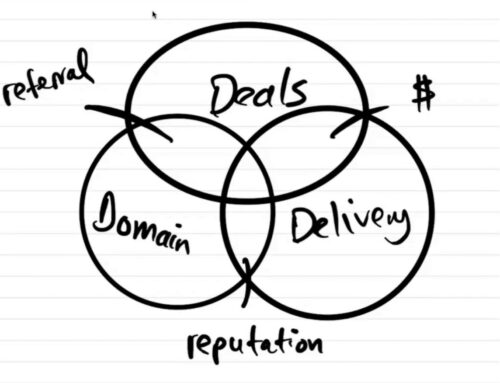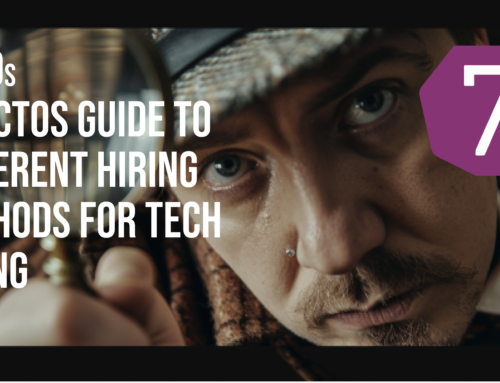The Startup World of Europe, with Duncan Davidson
What is the startup world of Europe like? How does it differ from the tech startup scene in the U.S. and how is it similar? Duncan Davidson can tell you and he does on today’s episode of CTO Studio.
Duncan is the CTO in Residence at Microsoft for Startups Europe. On this show, we dive into the European tech world as well as his Apache Ant creation. We also discuss which city is at the heart of the tech scene in Europe, what the general consensus is on Silicon Valley and a whole lot more. Join us to get the inside scoop on this episode of CTO Studio.
In this episode, you’ll hear:
- How to balance getting it right with the need to change and adapt.
- When should you let go of something you created?
- How does the rest of the tech world feel about Silicon Valley?
- Why it’s human nature to optimize to a single point of failure.
- Why do we need mentors as leaders in tech?
- And so much more!
To start the show we take a quick dip into the German tech scene, how it’s similar and how it’s different from the tech scene here in the U.S. Duncan gives us his perspective and experience on that topic before shifting to Apache Ant. I wanted to know what his process was like to get into the Apache Foundation. How did it happen? He created Ant because he needed it, but what happened then?
Duncan says Ant was sneaky! There are multiple angles to this story, one of which is how he made so many mistakes during its creation but didn’t know until later. Another is how it was a stealth tool, the way they got it into Apache was through Tomcat. He was working at Tomcat at Sun, and he wanted to be able to build Tomcat on his Mac, on his Windows machine, on his Unix machine. And that’s where the impetus for this brand came from.
The way they finagled this was when they got Tomcat ready to go into the Apache’s software foundation, they needed to ship it as a build tool. They built Tomcat with Ant so without Ant you couldn’t build Tomcat. He says someone could’ve written some make files, but they just slid it in!
But it wasn’t without consequences. A lot of people were angry once they figured Ant had gone out with Tomcat and what a big deal Ant became, they were upset. Nothing could be done at that point. He says it is funny they were upset because at the time he made Ant he talked with compiler folks and everyone else around and no one was really into it. But once it got out into the Apache community, the folks using Tomcat, then those same people who had passed on it became upset about the built script.
I asked Duncan if they maintained the project as open source after that, and he said no. When it went out they shipped Ant and Tomcat together and then he spent the next year working on a lot of community things around it so he actually wasn’t hand on in the code for Ant. Tomcat got all the attention and then some folks found Ant and those were the people who pushed it forward. They took it somewhere, so much so that when he was done with his year-long community building to ensure everyone was happy, he wanted to go hack on Ant. He had lots of ideas about what he wanted to change with Ant: the XML format and a lot of other things.
So he came into the Ant community with his ideas and people were like who are you? They wanted him to go make patches to prove he was really part of the community! He went through about a week of that and he wasn’t particularly happy about it.
Until he realized what was so awesome about the situation: he had had an idea that was something that needed to be done, and he did it and it went out into the world. Then other people actually took it and found so much value in it they wanted to defend it. They really wanted to keep what it was and they saw something in it, perhaps something he hadn’t seen.
We switched topics from there and I asked Duncan about Microsoft’s move to bring German startups into their ecosystem. What is his perspective on this after being in the Silicon Valley tech world?
No matter what, Duncan says, everyone else in the world has mad respect for Silicon Valley and what is going on there. Everybody is in awe of it, even knowing the downside of it as well. And those same people want to know what makes it so unique. How has Silicon Valley come to be what is today Silicon Valley?
He always explains the history including the schools and the military and the initial technology run in the 40s and 50s, and it just continued to snowball from there. It is a special place, and people want to create it somewhere else. But Duncan acknowledges creating an environment like Silicon Valley is the kind of thing that takes decades. You need the universities, the spirit, the willingness to take risks, the ability to fail and to learn from failure.
Some cultures don’t have that as much, both here in the U.S. and elsewhere in the world. He says it is fascinating to see people’s desire to emulate that kind of environment, but there’s also a hesitancy and caution people have. He admits to feeling this, too.
Today there are more and more geopolitical questions about people and borders and where they can go, and where they can’t go and where they can and cannot work. The majority of our tech giants in the U.S. are on the West Coast, so could that concentration be an issue geopolitically? There does seem to be a strong urge to centralize. Duncan expands on this thought as well as why, aside from science, we insist on revisiting lessons learned from previous generations
And speaking of learning, does he think the world is still learning from Silicon Valley? Yes for sure. One place you see this is China. Right now it’s really popular to talk about how magnificent and unique China is, but he had ignored it for the most part. However he’s been watching the maker communities in Shenzhen. These groups are using all the fruits of the manufacturing being done in their area and repurpose those pieces. They can take all the pieces of an iPhone, for example, and go use it for something else!
He also talks about Naomi Wu in the Chinese innovation movement, what he does for startups in his role as CTO in Residence Berlin and how he got involved in TED Talks as their main photographer! You’ll hear those great stories and more on today’s episode of CTO Studio.
Episode Resources:
Share This Story, Choose Your Platform!
Related Podcasts




